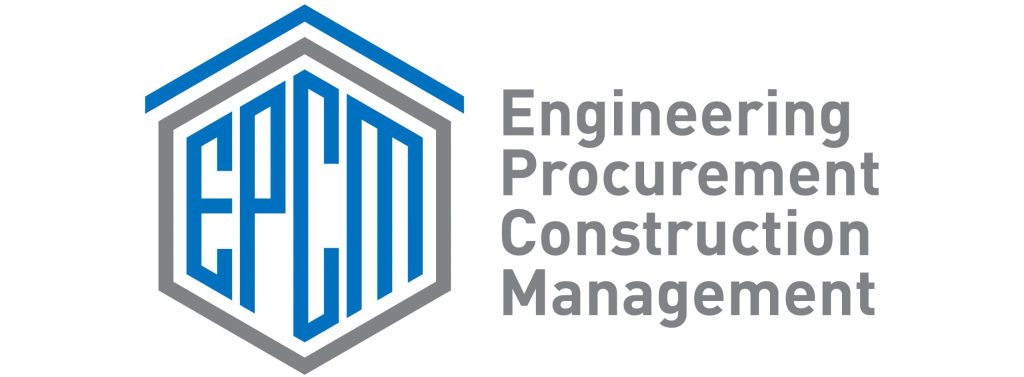Introduction
In an era where remote work has become the norm for many industries, mastering virtual technical project management is essential for the success of technical teams. This blog post explores the best practices, tools, and strategies for effective management of technical projects in a virtual environment, ensuring high productivity and project success.
The Shift to Virtual Technical Project Management
The shift towards virtual technical project management reflects the broader trend of digital transformation across industries. This approach allows technical teams to collaborate on projects from various locations, leveraging digital tools to communicate, share resources, and track progress. The transition to a virtual setup poses challenges, including maintaining team cohesion, communication, and project oversight, but it also offers unprecedented flexibility and efficiency.
Best Practices for Virtual Project Management
1. Clear Communication: Establishing clear, open channels of communication is crucial. Regular virtual meetings, clear documentation, and accessible project updates ensure everyone is on the same page.
2. Effective Use of Tools: Utilizing project management software, cloud storage, and collaboration tools effectively can streamline workflows and enhance team collaboration.
3. Team Building and Engagement: Fostering a sense of team unity and engagement is vital. Virtual team-building activities and informal check-ins can help maintain team morale and motivation.
4. Adapting to Change: Virtual teams must be agile and flexible, able to adapt to new tools, processes, and project adjustments with minimal disruption.
Leveraging Technology for Success
The role of technology in virtual technical project management cannot be overstated. From advanced project management platforms that integrate with coding and development tools to AI-driven analytics for monitoring project health, technology is the backbone of efficient virtual project management. Implementing these technologies not only streamlines project execution but also provides valuable insights for continuous improvement.
Overcoming the Challenges
While virtual project management offers many benefits, it also comes with its set of challenges such as ensuring accountability, overcoming technical issues, and preventing burnout. To overcome these challenges, it’s important to establish clear expectations, provide reliable IT support, and encourage a healthy work-life balance.
Conclusion: Embracing the Future of Project Management
As technical teams continue to navigate the complexities of remote work, mastering virtual technical project management becomes increasingly important. By embracing best practices, leveraging the right technologies, and fostering a supportive and adaptable team culture, organizations can overcome the challenges and reap the benefits of virtual collaboration. This blog post aims to equip technical teams and project managers with the knowledge and tools needed to excel in virtual project management, highlighting EPCMst’s commitment to innovation and excellence in the evolving workplace.

